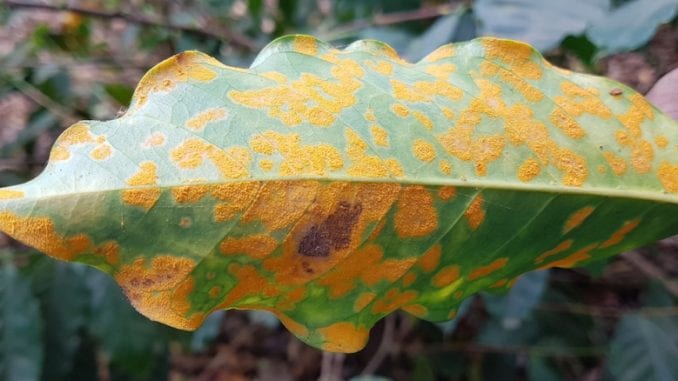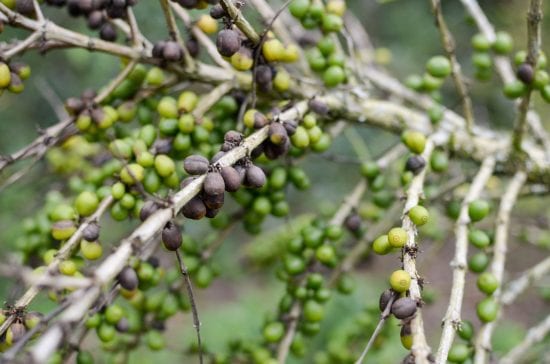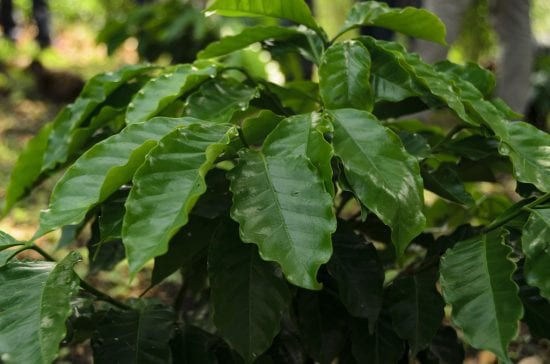
During a presentation at last week’s ASIC conference in Portland, Ore., World Coffee Research announced that rust resistance in most existing resistant varieties is expected to break down within a decade, and advised farmers to focus on plant health and for the industry to prioritize ongoing R&D.
FROM STAFF REPORTS
Cover photo courtesy of World Coffee Research
Since an epidemic of coffee-leaf rust hit Latin America in 2012, the plant disease has wreaked havoc on coffee production and farming families. Many farms lost 50 to 80 percent of their production, and the epidemic forced 1.7 million people out of work and drove human migration. Since the epidemic hit, the global coffee industry has united to help farmers fight coffee leaf rust through the development of improved coffee varieties such as F1 hybrids, most of which are resistant to rust and other plant diseases.
However, at last week’s ASIC conference in Portland, Ore., presented in collaboration with the Specialty Coffee Association, nonprofit coffee-research organization World Coffee Research made an announcement: While fighting coffee leaf rust through genetic resistance via F1 hybrids is an effective tactic, it won’t be enough to protect farmers from significant crop losses due to pests and diseases.
Dr. Christophe Montagnon, World Coffee Research’s scientific director, said that some coffee varieties’ rust resistance has been scientifically proven to break down, with the latest example being the Lempira variety from Honduras’ IHCAFE. Dr. Montagnon told attendees at ASIC that researchers believe it is only a matter of time before rust resistance in most of the existing resistant varieties is going to break down, perhaps in as soon as five to 10 years in many countries.

In a press release accompanying the announcement, World Coffee Research explained that for the last 30 years, rust resistance has relied on resistant genes coming from Timor Hybrid, a natural cross between Arabica and Robusta coffee—and Timor Hybrid’s resistance is now breaking down. “Rust resistance coming from different sources of introgression—the transferring of genes from one species to another after hybridization and backcrossing—is being broken step by step,” said Dr. Montagnon in the press release.
While the news of rust resistance breaking down in serious, the World Coffee Research press release stresses several actions the coffee industry can take to help protect coffee’s future:
- Helping farmers focus on plant health, no matter the variety of their coffee, to defend against coffee leaf rust. Just as humans are more likely to be healthy if they exercise well and eat good food, coffee is better equipped to defend against rust when it is in good health.
- Those traveling between origin countries must develop a heightened sensitivity and awareness for appropriate phytosanitary practices to prevent spreading fungi and other diseases from farm to farm or region to region.
- Prioritizing ongoing research and development in coffee so that new sources of rust resistance can be found to foster sustainable coffee production.

In the press release, Tim Schilling—the World Coffee Research founder and CEO—urged collaboration from the global coffee industry to help conquer the ongoing challenge of rust. “The situation is urgent. … There is a role for each and every coffee company. This work is too big for any one company to achieve, but together we will help farmers maintain and improve their livelihoods.”

